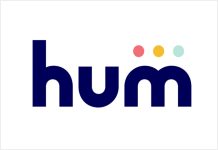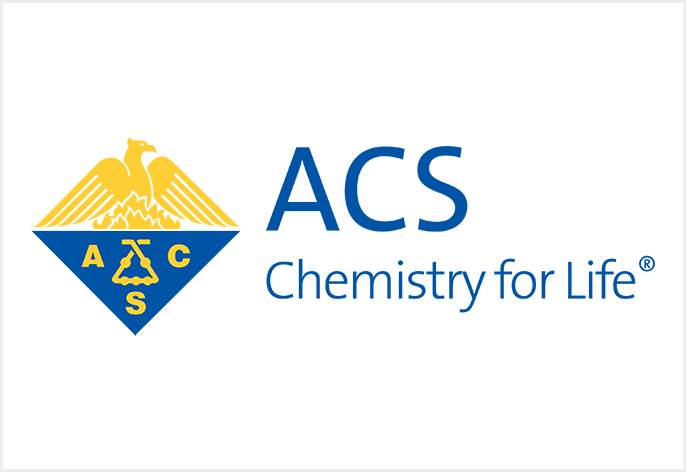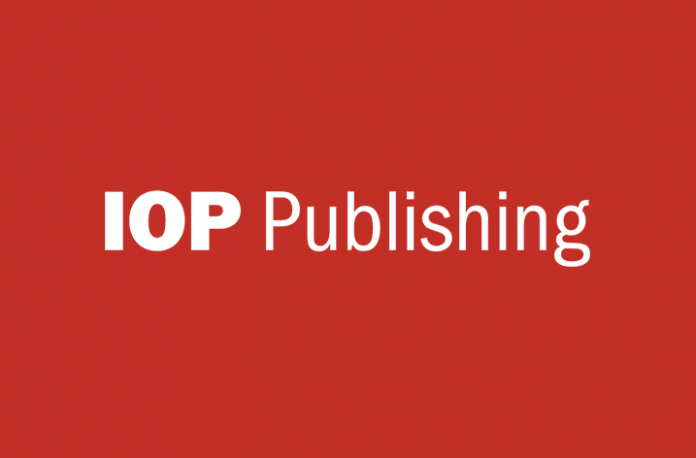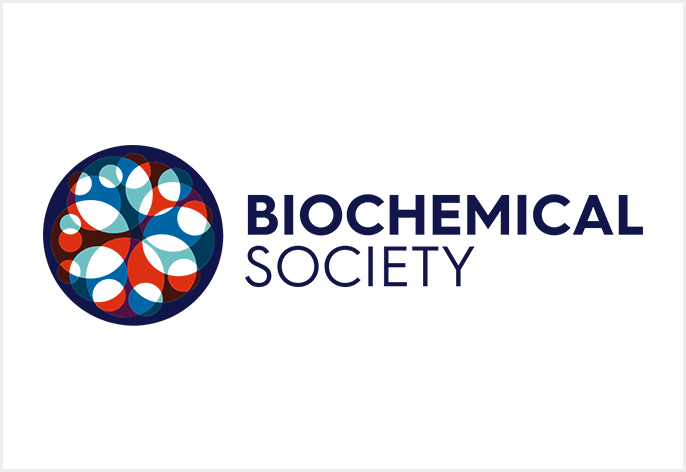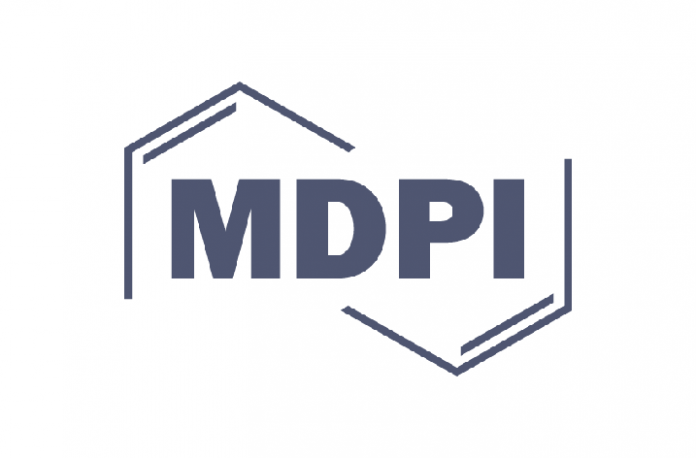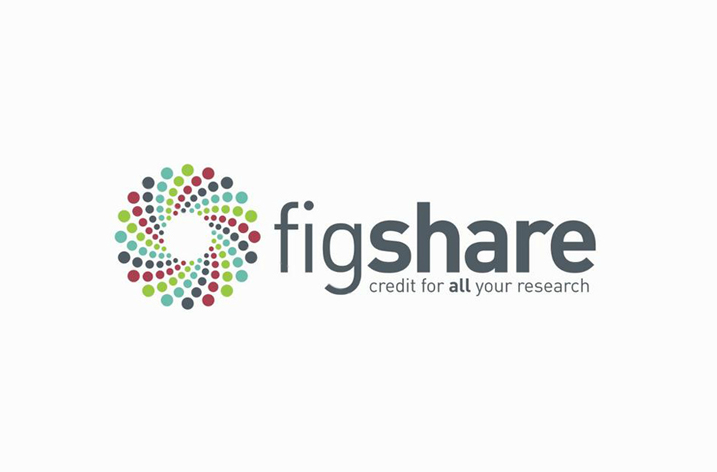Rebecca Lawrence has been appointed as the new Chief Executive of the British Library and will take up the role from 2 January 2025. She succeeds Sir Roly Keating, who has led the Library since 2012.
Rebecca has had a long and successful career in leadership roles across the public service and university sector. From 2019 to 2023 she was Chief Executive of the Crown Prosecution Service (CPS), where she led the organisation through the pandemic, implementing large scale innovation to improve performance and support digital transformation.
Prior to leading the CPS, she was a founder and first CEO of the Mayor’s Office for Policing and Crime (MOPAC), serving as Director of Strategy and Resourcing from 2013 to 2016, and Chief Executive from 2016 to 2019. In these roles she became a recognised national leader of police technology and digital security innovation.
She forged her career in Whitehall as a senior civil servant at HM Treasury before moving to the Home Office and policing to lead on counter-terrorism strategy, resourcing and transformation.
In her non-executive roles she is chair of Governors at Middlesex University and a Commissioner at the National Preparedness Commission (NPC) where she will share her experience of how organisations and communities can stay resilient and learn from fellow Commissioners for the benefit of the British Library.
Dame Carol Black, Chair of the British Library Board, said: “I am delighted to welcome Rebecca Lawrence to the British Library. She brings skills and experience from more than 25 years at the forefront of reforming and delivering public services, with particular strengths in leadership and digital transformation. I am sure that, as Chief Executive, she will build on Sir Roly Keating’s legacy and enable the Library to complete its recovery from last year’s cyber-attack, and fulfil our mission of making our outstanding collections accessible to everyone.”
Rebecca Lawrence said: “I am honoured to take up the role of Chief Executive of the British Library, an institution I have loved and admired from childhood and throughout my adult life. I share the Library’s conviction that ‘knowledge matters’. I’m looking forward to meeting and working with the team, absorbing the expertise of Sir Roly in a period of handover, and getting to know the wider network of users, peers, partners and collaborators that help amplify its national and international reach and impact. The Library is one of the world’s great concentrations of trusted and verified knowledge, and through innovation and technology I believe we can transform access to this tremendous resource, as well as growing and developing it for future generations.”
Culture Secretary Lisa Nandy said: “Over the past twelve years, we’ve seen the British Library encouraging a love of learning and increasing accessibility for people across the UK and internationally. I would like to thank Sir Roly for his dedication to the institution and for guiding the British Library through challenging times.
“I am thrilled to congratulate Rebecca Lawrence on her appointment as the new Chief Executive. I am confident that she will continue the excellent leadership we have seen at the British Library, taking forward the Knowledge Matters strategy and the ongoing work to rebuild and recover from the cyber-attack last year.”
The Library’s current Chief Executive, Sir Roly Keating, announced in April that he would be stepping down in early 2025. Following Rebecca’s appointment he is bringing forward his departure to the end of this year.
Sir Roly said: “Along with her deep experience of public service leadership, Rebecca brings an infectious passion for the Library and everything it stands for. After twelve fulfilling years here, I’m excited to be handing over to her for the next chapter in the story of this extraordinary institution.”






